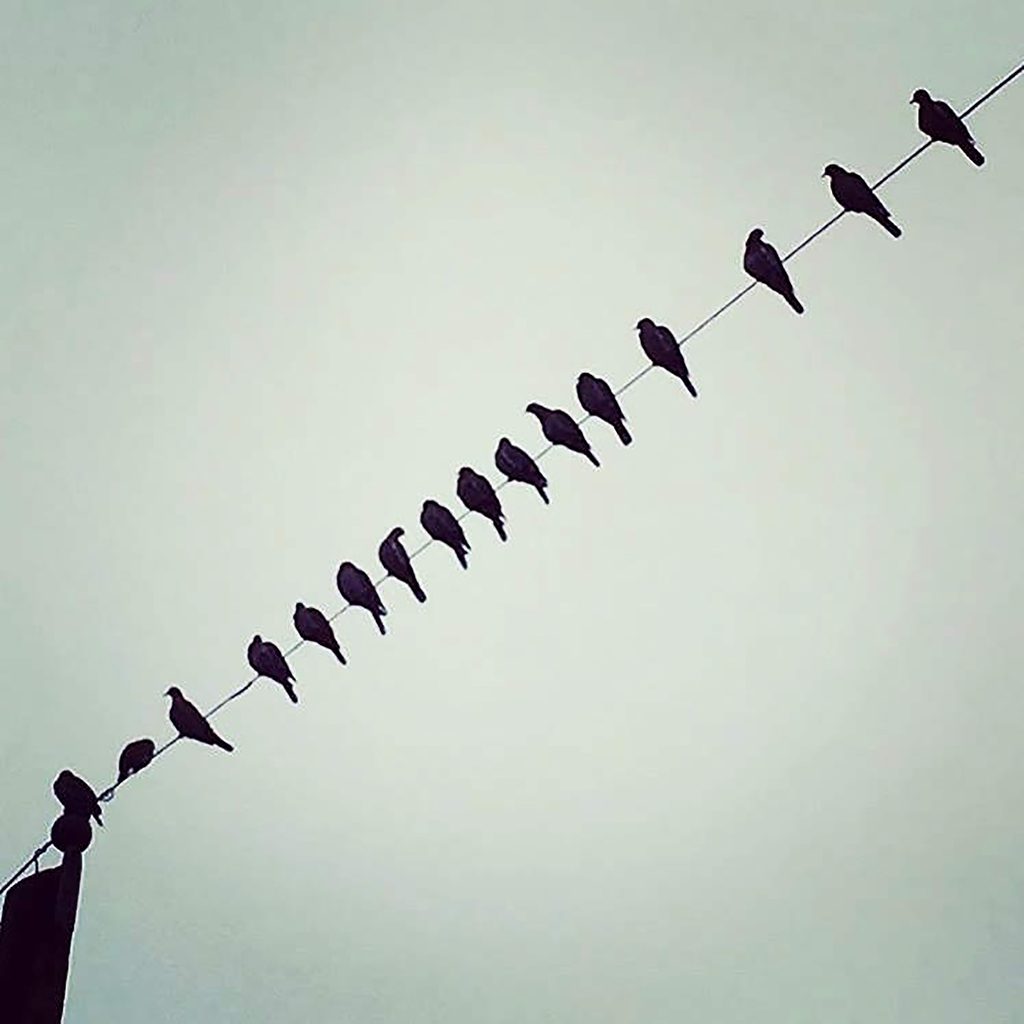
By Will Leschper
This past year, there were no fatal accidents involving dove hunting in Texas. However, the numerous incidents involving shotgun-related injuries while dove hunting all center on a common theme: a hunter tracking a bird with their shotgun and swinging the barrel into what is considered outside a safe zone of fire. This is far and away the most frequent danger in any bird-hunting scenario, but it’s one that easily is avoidable.
Here are some non-fatal dove-hunting accident descriptions, taken directly from TPWD reports:
• “Victim was struck by a single pellet fired by a shooter some distance away who was swinging on game outside of a safe zone of fire.”
• “Allegedly having returned from hunting doves, shooter and companions were drinking, with a loaded shotgun still present at the scene. Shooter carelessly shot his foot while horse playing around the campfire. Felony possession of a firearm (3rd degree) and numerous dove hunting/hunter education citations issued.”
• “Shooter swung on victim outside of his safe zone of fire. Victim was sitting across a pond and was struck by nine pellets in his torso and neck area.”
• “Shooter swung on victim outside of his safe zone of fire. Victim was sitting across a pond and was struck by pellets in his head and left arm. He was taken to hospital by life flight helicopter.”
• “Victim was struck by pellets throughout his body as he was retrieving his downed bird. Shooter did not realize victim had moved into his zone of fire as he shot at low-flying doves.”
• “Victim and friends were hunting in an open field. Victim carelessly discharged his shotgun as the muzzle was resting on his foot.”
• “Victim was struck by pellets to face, shoulder and neck from a shot fired by a shooter on the other side of a brush row, out of sight from the victim.”
Journal editor Horace Gore, who has hunted doves all over Texas for 70 years by himself and with crowds of 100, offered his wisdom on dove hunting and dove hunting safety. “Dove hunters come in all shapes and sizes, and some buy their hunting license, gun and shells while on the way to the hunt,” he said. He added when there are other hunters nearby, always be on the defensive and don’t hunt close to them unless all hunters are shooting in the same direction.
“The most critical situation for safety is when several hunters are hunting around a waterhole or food plot, and a low flying bird comes by,” he said. “Avoid being directly across a waterhole or shooting alley from another hunter. Unload your gun after the hunt and make sure all others around you do the same.”
Gore likes to wear sunglasses when dove hunting for eye safety. “In all my years of dove hunting, I’ve never seen an accident in the dove fields, but I’ve seen some close calls when the hunt was over.”
Dove season begins September 1 in the North and Central zones. For the South Zone, the regular season begins September 14. Additional days for the Special White-winged Dove season: Sep. 5, 6, 12, 13. Special regulations apply.


